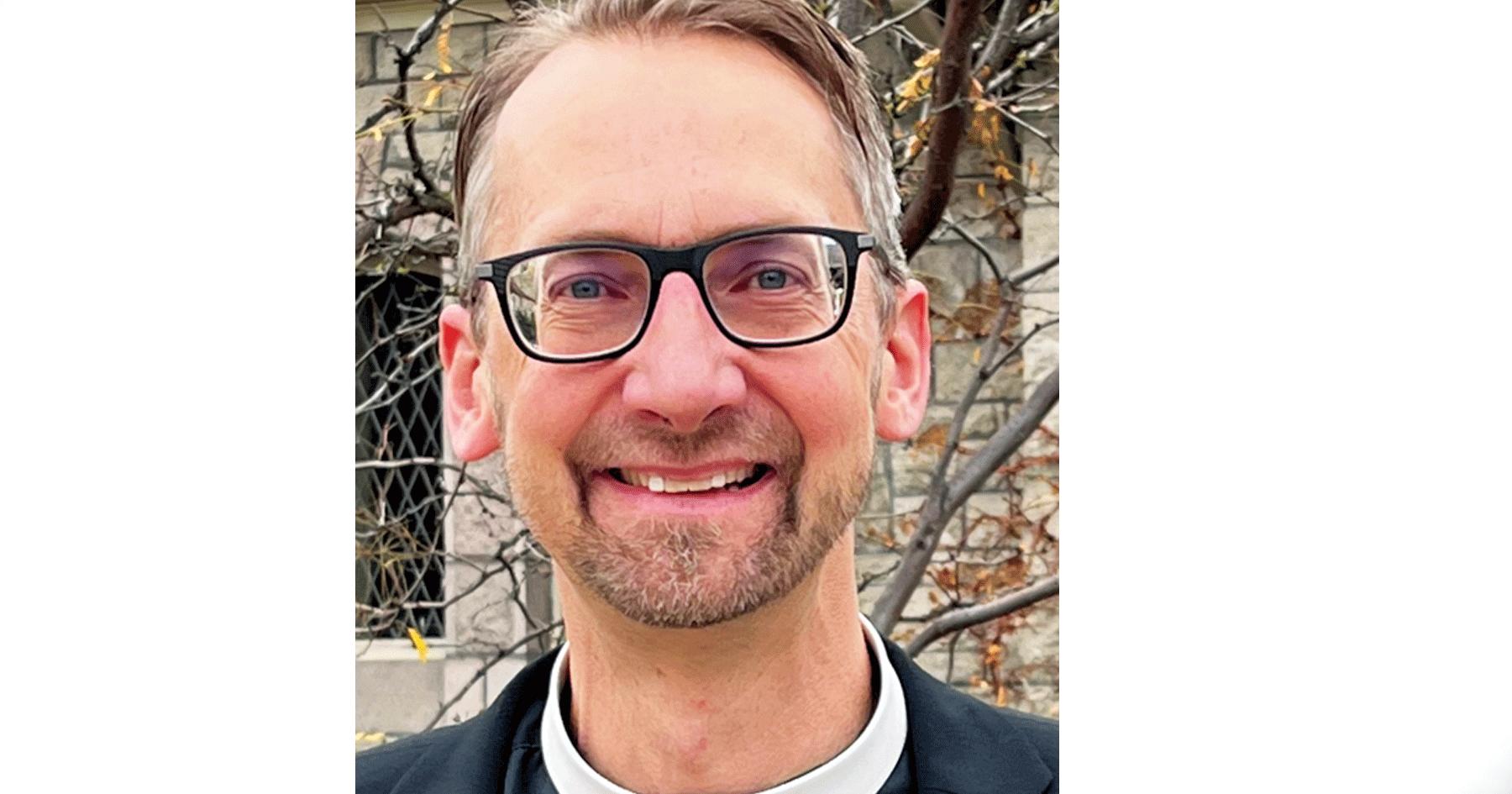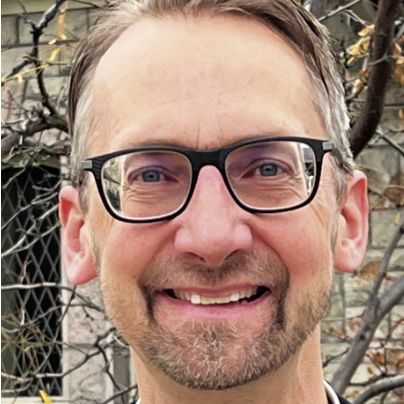Recently, a Friday (12:15) Eucharist at the Cathedral drew us into the life of Bishop Edward King (1825-1910). Before becoming Bishop of Lincoln, King taught pastoral theology at Oxford University, and before that was chaplain and then principal of Cuddesdon Theological College, which maintained at its core a primary focus on spiritual formation and daily prayer. That focus was central to the way King conducted himself as a priest and pastor, as he sought to live by his teaching that “without the gift of love, you will never be a preacher,” and that “if you are to preach, you must make up your minds that you are sent, and sent by God.”
Those words stand out because they ground pastoral work – but really, the work of the whole church – in the dual command to “love God and love your neighbour as yourself.” The well-being you might desire for yourself is connected to the well-being of another, and ultimately connected to God as Love. This points us – both clergy and laity – toward a ‘mission of love’ that must be present if the church is to be animated as a genuine worshipping community: a people of faith.
In keeping with that, King maintained a focus on personal connection and held a pragmatic respect for the distinct life of the congregations he served. In “For All The Saints,” it is noted that though King embraced the Anglo-catholic movement, “he had little interest in ritual and always conformed to the customs of the parish he was visiting – whatever they might be, ‘low’ or ‘high’ (FAS 104).” It is also noted that though a theologian, he did not produce any sustained treatise on a particular topic or topics. To produce such a substantial work was an expectation and a means of measuring the significance of the work of someone in church and academic leadership. Yet it seems that King’s focus on the personable and the pastoral led him more to the occasional and the personal — King wrote letters. King was much loved as one who lived what he preached and taught – he was faithful in prayer, and he sought to get to know his parishioners and students in their regular lives. And so his written legacy reflects the many letters he received and answered.
I often find that the various Commemoration Days of the liturgical calendar offer rich fodder for reflection – and often yield wisdom for our own times from the life of a relatively obscure other. In encountering the work of this 19th century Bishop, it strikes me that his legacy remains deeply relevant to our own time. Our time has become the time of the blog, the post, the share, the tweet. It is driven by the occasional and the personal experience – the fragments of life are at the front of our consciousness. And those fragments, those occasions, are often shared and shaped from within the bubble of an online platform’s algorithm, guiding what we encounter and how we perceive and interact with the world. On the one hand they are both personal and connected; on the other they also operate from a distance that fuels a sense of being disconnected, and so also leave space for the frustration and anger that has risen to the fore in our culture.
How then do we speak into this in our time, as church, with the same sense of the ‘mission of love’ that King lived? What is our own sense of pragmatic pastoral connection in our own time and place? How can this time of mission as people of faith be lived together, with flexibility, but with a deep groundedness at the heart of our faith?
The theme of our upcoming Synod is drawn from Hebrews 10:24-25: “And let us consider how to provoke one another to love and good deeds, not neglecting to meet together, as is the habit of some, but encouraging one another, and all the more as you see the Day approaching.”
I love the invitation to consider these things. They will not be the same for our different congregations across the diocese – and accordingly we have named some provisional statements on values, vision, and mission that can serve as a guide and touchpoint for working these things out. But such considerations will best be worked out by meeting together, and by encouraging one another, and indeed by provoking one another to “love and good deeds.”
Today, at Cuddesdon College, there is a newly designed “Edward King Chapel.” It is built in an elliptical shape that places worshipers face-to-face in prayer. It is noted on the chapel’s website that the design is intended be both poetic – evoking a “buoyant, tethered boat” – and technically sophisticated as a way of fostering a hopeful religious and spiritual life for church and world (see: www.rcc.ac.uk/about-us/edward-king-chapel).
Such a design seems very much to carry the spirit of Edward King – and in many ways it seems to me that King’s model of not seeking the grand treatise or the universal model, but rather maintaining a flexible, practical approach to carrying the core practices of the faith will go a long way for our own time too. We are sent by God. And we are sent with Love.


